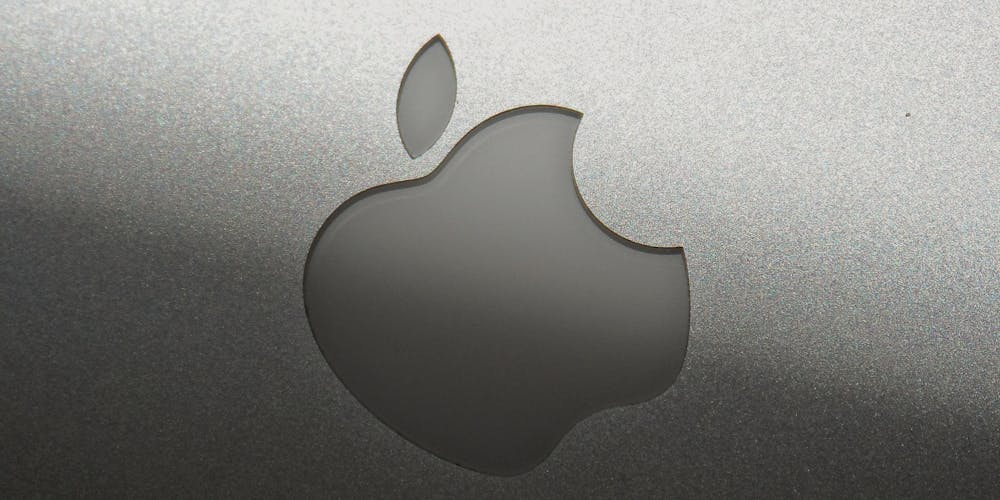In a strategic move that promises to shake up the payment landscape, Santander is expanding its presence in the burgeoning buy now, pay later (BNPL) market. Through its BNPL platform, Zinia, the bank is rolling out installment payment plans for Apple customers in Germany. In a world where immediate gratification is often at odds with financial prudence, Santander’s initiative offers a middle ground—a chance for consumers to acquire the technology they desire without shouldering the financial burden all at once. The service, which started in 2022, allows Apple aficionados to spread their payments across a variety of plans, ranging from as brief as three months to a more extended 36 months, with an additional option for a 30-day deferred payment upon online shipment or store pickup.
A Seamless Shopping Experience
Santander’s collaboration with Apple is more than a mere transactional agreement—it’s an embodiment of simplicity and convenience. For a limited time, shoppers can indulge in a zero-interest installment plan that spans either 12 or 24 months when they purchase iPhones. Those averse to complex registration processes will breathe a sigh of relief. Engaging with Zinia is made hassle-free, requiring little more than a phone number, date of birth, and a security code, with a swift validation process right within the comfortable confines of the Apple Store’s online ecosystem. This intuitive approach not only aligns with the digital savviness of Apple’s customer base but also demonstrates how fintech synergy can revolutionize retail experiences.
Traditional Banking Meets Modern Innovation
In an ambitious quest to transform the way we approach payments, Santander’s foray into the growing buy now, pay later (BNPL) sector with its service Zinia introduces a variety of installment plans for Apple fans in Germany. Bridging the gap between the desire for instant gratification and financial caution, consumers can now enjoy the latest technology without the immediate upfront costs. Zinia, launched in 2022, empowers customers to distribute their expenses over plans ranging from a quick three-month period to an extended 36-month term, complemented by the option to defer payment for 30 days following the shipment or pick-up of an online order. With its move into the BNPL arena through Zinia, Santander is strategically poised to redefine payment flexibility and consumer empowerment in the digital age.

